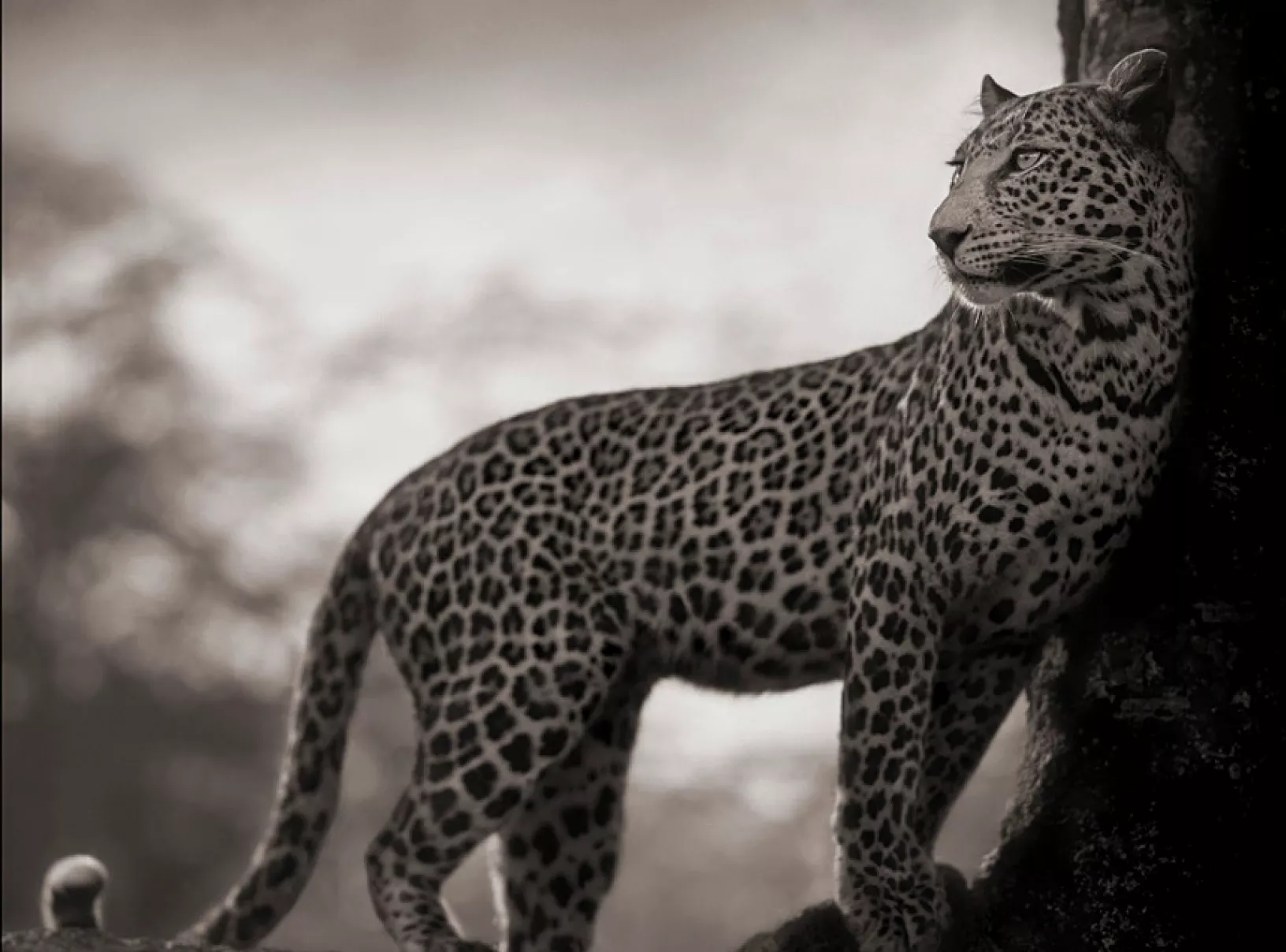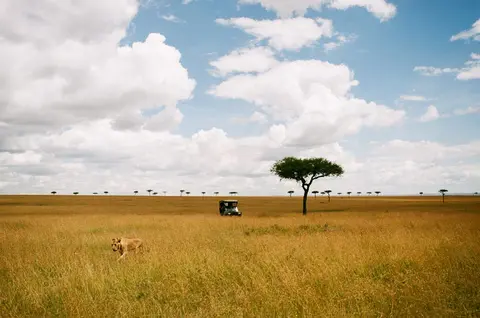Reminders
1. Check your passport is valid and has enough pages
2. Check your visa requirements
3. Make sure you have your under 19 year old’s unabridged birth certificate if travelling to Namibia or Botswana
4. Have you consulted your GP or local travel clinic regarding inoculations and required malaria medication?
CLOTHING AND PACKING
Download our Timeless Africa Packing List here »
GENERAL NOTES:
- As a general guide, comfortable & casual wash-and-wear clothes are recommended.
- Muted colours are recommended for game viewing (brown, khaki, beige, and pastels).
- Daytime temperatures are generally warm, so pack lightweight clothing and sun protection.
- The mornings and evenings can be very cold in winter and warm layers are recommended.
- Avoid wearing dark blue and black in areas that are known for tsetse flies.
- Most lodges and hotels have a laundry service. Dry cleaning can be arranged at hotels but is not widely available at lodges.
- Take sensible precautions against mosquitos and other bites.
- In case of an issue with international airline luggage management, please pack your essential items and a change of clothes in your carry-on bag.
- Private-use drones are not allowed in National Parks throughout Southern and East Africa without prior permission from authorities. This is a precaution to protect against poachers. In some cases, heavy fines will be imposed for bringing drones into countries without the required paperwork.
DECLARATION OF EQUIPMENT OWNERSHIP
Guests arriving in South Africa are advised to declare your electronic equipment, including cameras and laptops, even if you intend to take these items with you upon your departure from South Africa.
Declaration process:
Please consult with your travel manager for more details.
Gratuities
Tipping is entirely at your discretion. It is suggested, but not compulsory.
On request, your Travel Manager will create a bespoke tipping guide for your personal holiday.
Read our article: Timeless gratuity philosophy
South Africa & Namibia (South African Rands):
- On Safari:
Safari Guide: ZAR 220 per guest, per day
Trackers: ZAR 150 per guest, per day - In the cities:
Transfer Driver: ZAR 40 per guest, per transfer
Local Private Guide: Half day: ZAR 130 per guest | Full day: ZAR 160 per guest
Hotel/Lodge Staff: ZAR 200 per guest, per day
Airport and Hotel Porterage: ZAR 20 per guest
Restaurants: 10% is customary
Airport meet and greet handlers ZAR 20 per person
Botswana, East Africa, Mozambique, Zambia & Zimbabwe (US Dollars):
- On Safari:
Safari Guide: USD 15-20 per guest, per day
Trackers: USD 10-15 per guest, per day - In the cities:
Transfer Driver: USD 4-5 per guest, per transfer
Local Private Guide: Half day: USD 10-15 per guest. Full day: USD 15-20 per guest
Hotel/Safari Lodge Staff: USD 10-15 per guest, per day
Airport and Hotel Porterage: USD 5 per guest
Restaurants: 10% is customary
Airport meet and greet handlers: USD 10 per person
Rwanda & Uganda:
- On Safari:
Safari Guide: USD 15-20 per guest, per day
Trackers: USD 10-15 per guest, per day - On a Gorilla Trek:
Rangers: USD 20 per guest, per trek
Trackers: USD 10-20 per guest, per trek
Trek Porters: USD 10-20 per guest, per trek - In the cities:
Specialty driver-guide: USD 20 per guest, per day
Hotel/Safari Lodge Staff: USD 10-15 per guest, per day
Airport and Hotel Porterage: USD 5 per guest
Airport transfer (if different from your driver-guide: USD 5-10 per guest
Restaurants: 10% is customary
We suggest bringing more cash with you in case you are moved by the professionalism and warmth in Africa and would like to tip more than you planned.
** Remember this is only a guideline and it entirely depends on the level of service and your desires.
Border crossings: Botswana, Zimbabwe & Zambia
Zimbabwe / Botswana / Zimbabwe:
You will be required to present yourself to the immigration centre at the border post between Zimbabwe and Botswana. Please have a pen handy to fill in exit and entry forms at all borders.
Please note when crossing from Zimbabwe to Botswana and vice versa you will change vehicles and driver/guides. In Botswana, it is likely to be 4×4 game viewing vehicle. You may need to walk a short distance but your driver/guide will assist you.
Before entering Botswana, before immigration formalities, you may be required by Port Health to step on a mat treated for foot and mouth disease. You may be required to disinfect all your shoes over the mat, so it would be a good idea to pack your shoes separately and carry them as hand luggage in a separate bag for the border crossing.
Tips:
- Have your passport (and cash if applying for a visa) ready.
- The best currency is USD in small denominations.
- There will be possible queues at customs and immigration, especially in the high season (July to October).
- You may be queuing in unsheltered areas so suitable headgear is advisable during the hot summer months
Zimbabwe / Zambia / Zimbabwe:
You will cross over the Victoria Falls Bridge. You will change vehicles at the border post and your driver guide will assist you with your luggage and introduction to the new driver/guide.
You will be required to present yourself at immigration for photograph and passport scanning
There will be possible queues at customs and immigration, especially in the high season (July to October).
























